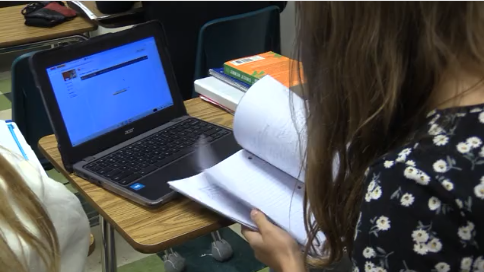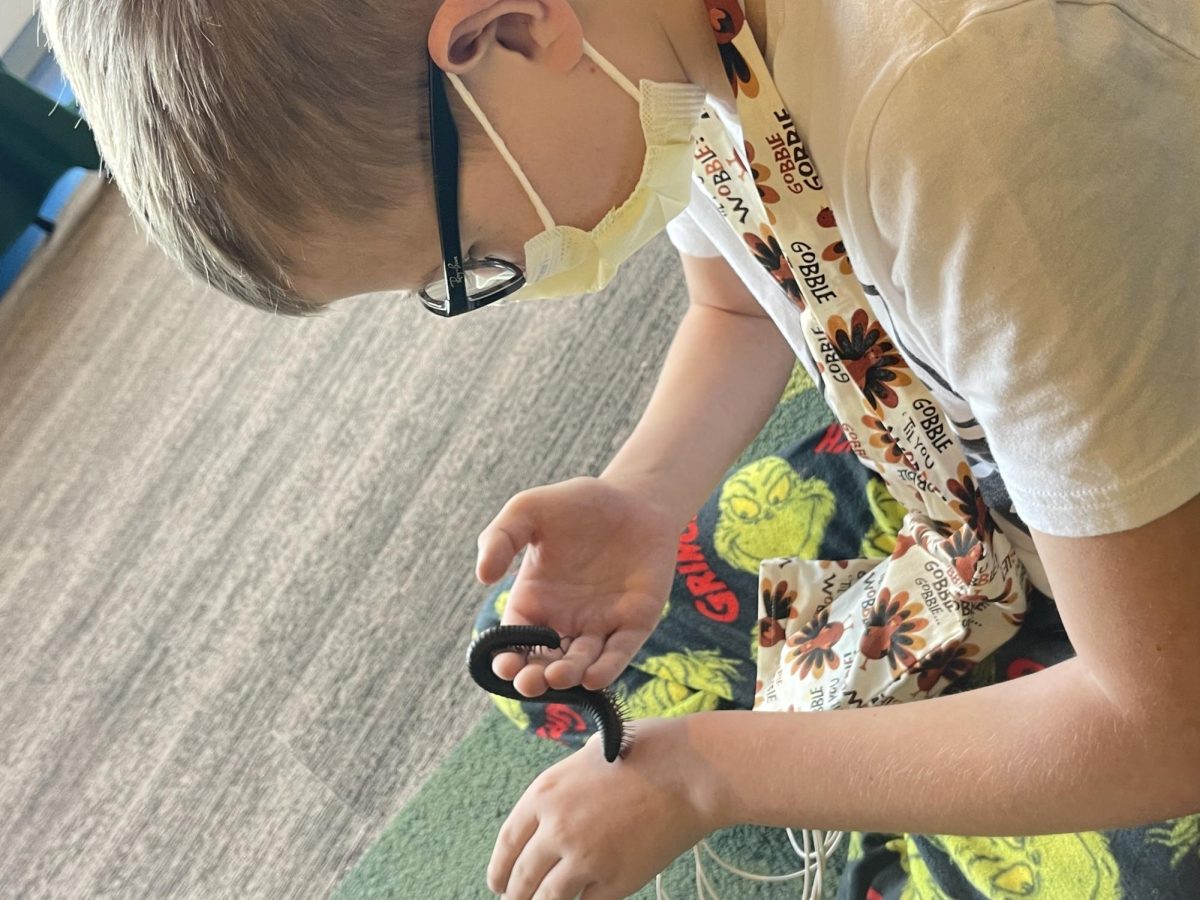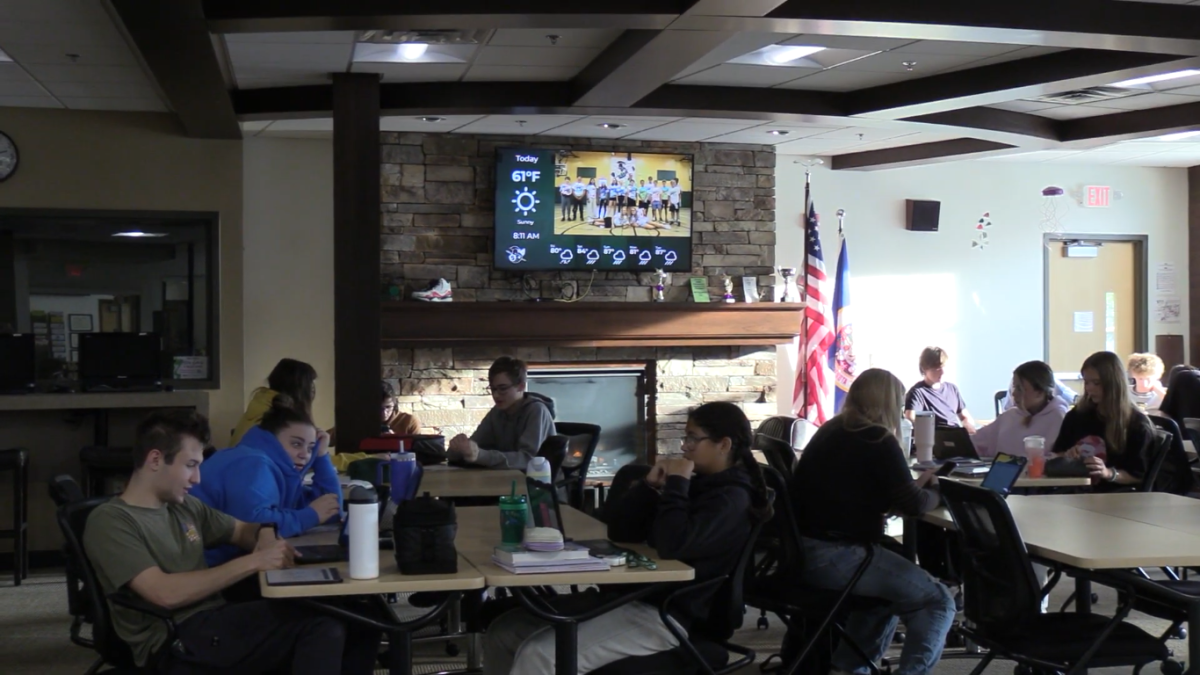Spectrum schools have restructured their student scheduling this 2025-2026 school year, this has lead to students having a changed workload, new possible stresses, and new experiences added on to there school life.
With trimester formatting, reduced class periods, and potentially fragmented courses that have come along with these changes, there has been plenty of potential to cause shifts in the ways that students and educators go about their endeavors at school.

Considering this, it is important that these shifts do not cause detriment to students in the process of integration and/or continuation. Spectrum’s High School student counselors; Mrs. Stephanie Kobes and Mrs. Heather Klosowsky; were consulted to give insight on how students may healthily go about managing themselves in relativity to these changes.
“I think the biggest thing I’ve noticed with the trimester switch is a heightened level of anxiety and feelings of being overwhelmed. Nobody likes change, and this is a big change, and so I think, you know, taking time to get used to the change will kind of help students feel more comfortable and less anxious about it,” Kobes said.
With the developments in schedule structure, it changes how students and teachers go about properly preparing for class.
“[Teachers] had to put a lot of effort into rearranging how they do their class,” Kobes said.
As compared to the previous block scheduling, with “A” and “B” days, there is not as much of an interval between classes with the new schedules that consist of the same six classes daily, which makes for more proneness to cramming due to higher senses.
“Students can get really overwhelmed and it impacts your body in a lot of different ways. […] maybe it impacts your sleep schedule, where you’re sleeping all of the time, or feeling tired all of the time, or you have insomnia and you’re not able to sleep at night and that throws off your whole rhythm. It also impacts things like appetite; so either not wanting to eat, or overeating, and then it can impact relationships with friends, with family, you know, maybe you’re always crabby and feeling exhausted,” Kobes said.
Adding onto the anxiety that is predisposed to the beginning of school years, it can be harmful to students when not properly addressed.
“I believe that there’s a lot of potential within the schedule to actually have some success for students. Remember that a schedule is a tool that’s used to deliver curriculum—it’s not actually anything that’s going to determine the students’ success in [their] classes—and so as they kind of navigate the change, I think they’ll continue to thrive and be able to deal with it as well,” Klosowsky said.
However, the potential of these schedules is dependent on those who are meant to exercise it.
Klosowsky said, “The other thing that really can help just […] at the beginning of a trimester […] in a class is setting a goal, and a goal is a great thing to do because it gives you the purpose of what you’re doing that class for. So if you’re saying, ‘oh, I have a goal to get a B in my math class this year,’ you should also follow up that goal with an action point to do before that goal. So saying that you’re going to have a B is one thing, but then saying, ‘you know what, in order for me to get that B, I think I might have to study a little bit more.’ […] And that can really be a helpful [tool] for you being able to meet your goals.”
“If students are feeling burnt out, I think the biggest thing is ask for help, right, we’re all here and we want to help you. Talk to your teacher, talk to a friend or a parent, even come down and see your counselor. Those are really important things to do because if you don’t take those steps, then you’re going to feel more and more burnt out and more and more overwhelmed. So, ask for help. There’s nothing wrong with asking for help, and we’re here for that reason,” Kobes said

It is important that students are using the resources around them to effectively and healthily make it through the school year with the changes to class structure. As long as students continue to listen to themselves and acknowledge when they are struggling, and take action in response to these developments within themselves, they may use this unprecedented structure effectively.















